Publications
Articles, publications, books, tools and multimedia features from the U.S. Institute of Peace provide the latest news, analysis, research findings, practitioner guides and reports, all related to the conflict zones and issues that are at the center of the Institute’s work to prevent and reduce violent conflict.
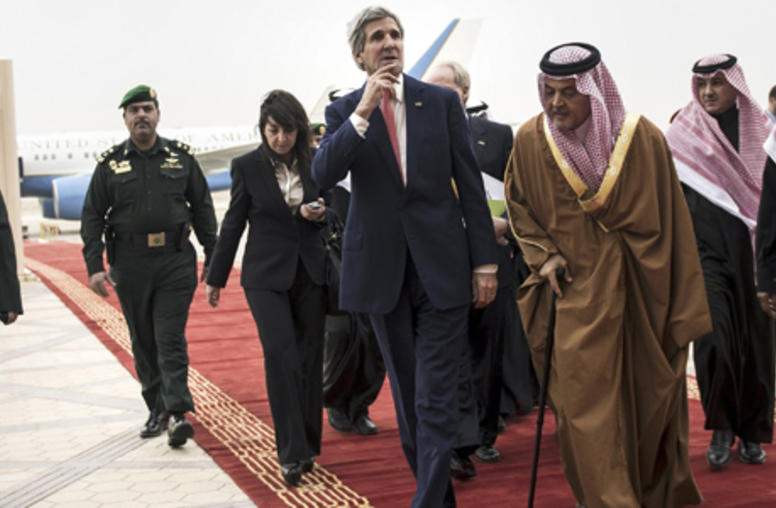
Rift Removal
The situation in Syria is dire, and there are no good options for addressing it; even the option of doing nothing is terrible, both morally and strategically. Inaction by the international community allows the killing to. Military intervention risks uncontrollable involvement without an obvious positive outcome. Although all agree that only a political solution can end the conflict, there is no agreement on the shape of such a solution.
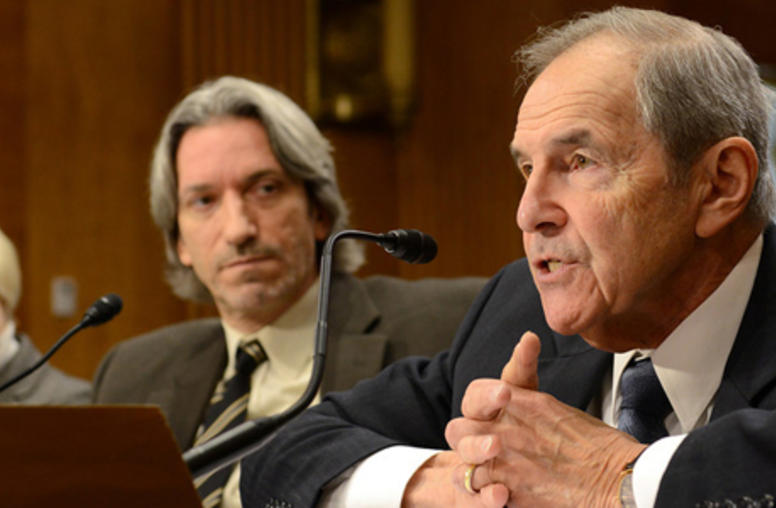
South Sudan Crisis Requires More Active U.S. Role, USIP’s Lyman Says
U.S. officials and senators warned that South Sudan’s warring leaders risk losing American backing unless they end violence that has killed more than 1,000 people in the past month, and experts such as the U.S. Institute of Peace’s Princeton Lyman urged that the international community take a more assertive role.
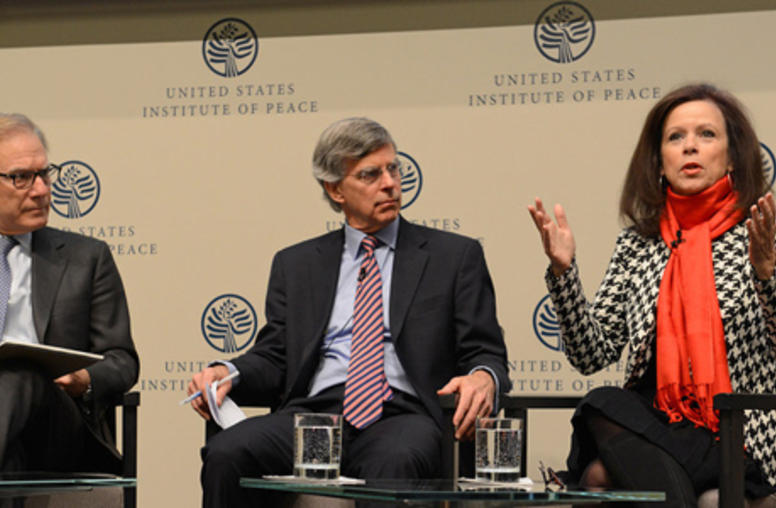
Wright, Ignatius Analyze Iran Developments
Prospects for a long-term nuclear deal with Iran are better today than in decades because of a new government of “realists,” growing social problems and economic pressure, according to two veteran journalists who recently returned from Iran. But they also told an audience at the U.S. Institute of Peace (USIP) on January 9 that a final breakthrough faces tough opposition in both Iran and the United States.
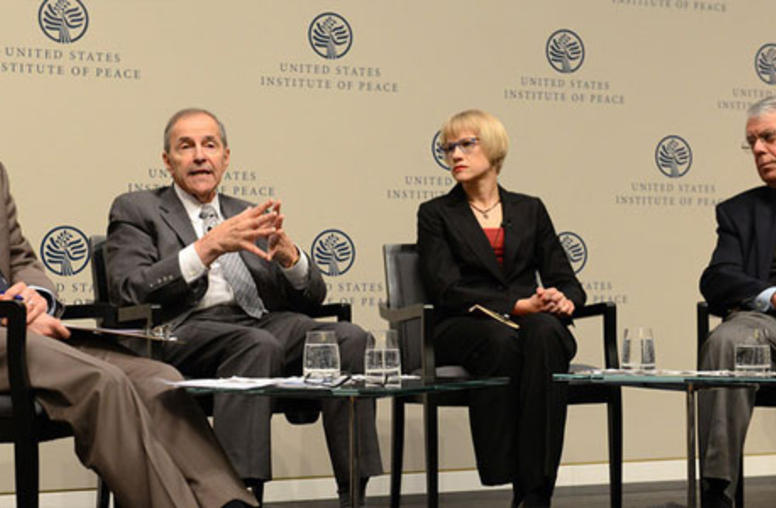
South Sudan Crisis, Ways Forward Analyzed at USIP
Though the immediate diplomatic focus should remain on arranging a cease-fire, a longer-term political process to overcome the crisis in South Sudan will need significant involvement by the international community, particularly the United States, members of an expert panel said at the U.S. Institute of Peace (USIP) on January 10.
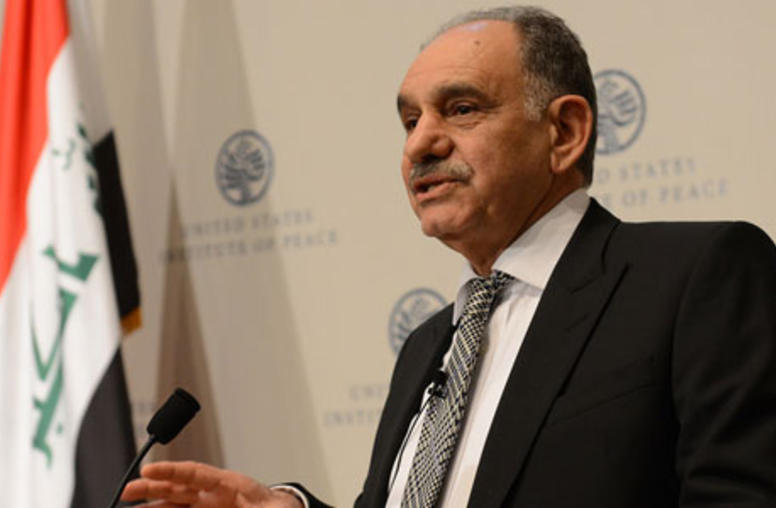
Iraqi Deputy Prime Minister Calls for Reconciliation, U.S. Pressure
Contending the United States has "a legal and moral responsibility" to help Iraq overcome its slide into political sectarianism, Iraqi Deputy Prime Minister Saleh al-Mutlaq said January 14 that the transfer of American weapons to the Iraqi Army to fight al-Qaida-linked militants occupying parts of the western province of Anbar will not succeed without a broader national reconciliation.
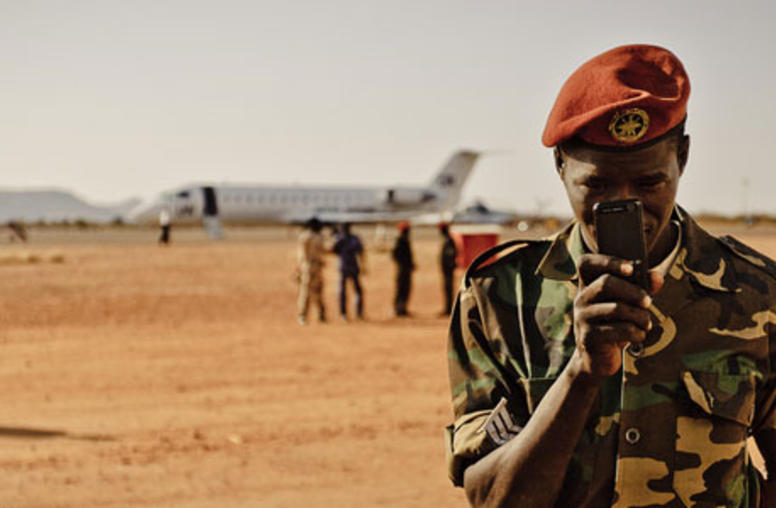
Far From the Madding Crowd
On Saturday, Nov. 23, for the third evening in a row, the website Aymta.com sent a text message and e-mail blast to its subscribers, saying that a scud missile had been launched from Damascus, on its way to the northern Syrian city of Ar-Raqqah. Residents there had about ten minutes to shelter themselves however they could.
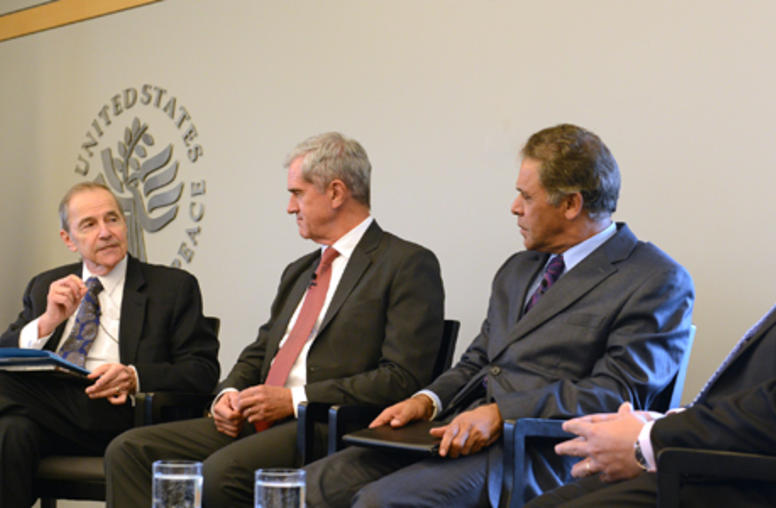
Considering the Lessons of Mandela’s Legacy and South Africa’s Reconciliation
Though the politics and causes of conflicts differ significantly, the experience of South Africa’s peaceful, negotiated turn from racial apartheid to democratic majority rule suggests that a few principles exemplified by the late Nelson Mandela’s leadership are broadly applicable to other conflicts with hardened divisions, according to former participants in the South African transformation who gathered this week at the U.S. Institute of Peace (USIP).
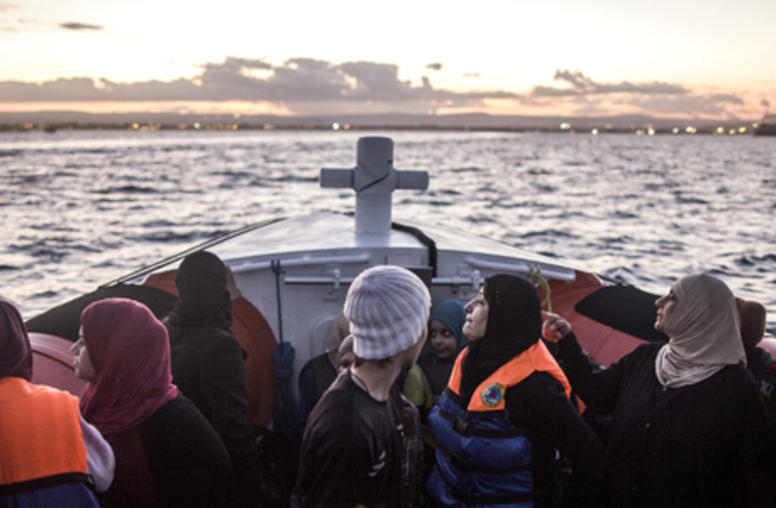
The Big Picture
Wars eventually end. Even the longest, most brutal, and most destructive conflicts ultimately give way to peace. Syria's civil war is no exception. All sides acknowledge that they are unlikely to prevail on the battlefield anytime soon, and both the regime of President Bashar al-Assad and the opposition have conditionally accepted the Geneva Communiqué for a political transition, endorsed by the Syria Action Group of the United Nations on June 30, 2012 (Geneva I). The United States, its Europ...
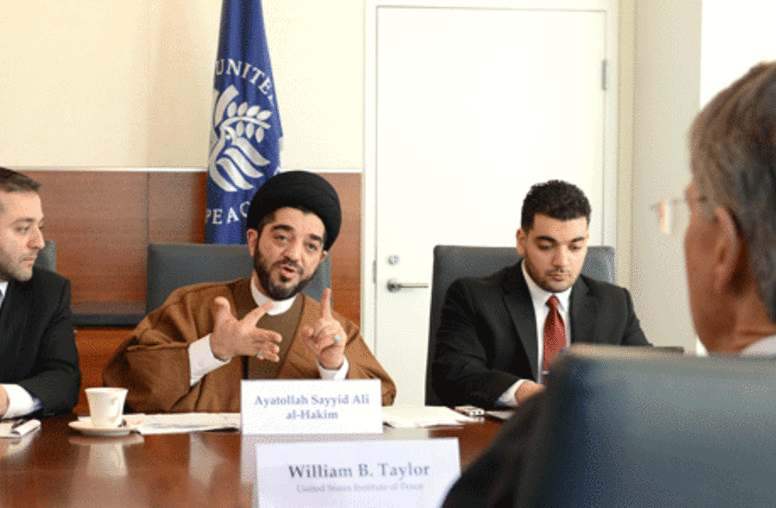
Iraqi Shiite Figure Advocates Civic, Not Religious State at USIP
An influential Iraqi Shiite scholar used a visit to the U.S. Institute of Peace (USIP) to argue that even amid the growing Shia-Sunni tensions and violence besetting his country, religious leaders there should support a civic rather than a sectarian conception of state affairs and politics.
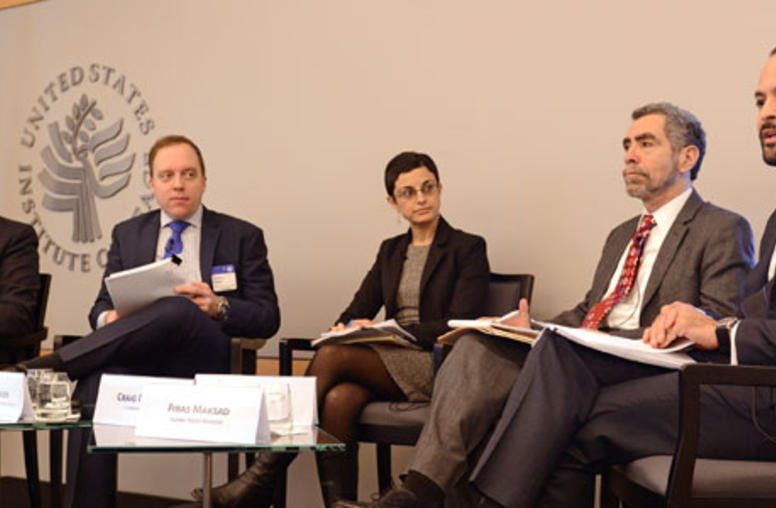
Syrians Still Hoping for Justice and Accountability for Abuses
New research findings from the Syria Justice and Accountability Centre (SJAC), a Syrian-led nonprofit organization based in The Hague, indicate that even as Syrians are caught up in a vicious, increasingly sectarian war, they generally want a negotiated peace settlement that will allow coexistence and establish accountability for abuses committed on both sides.